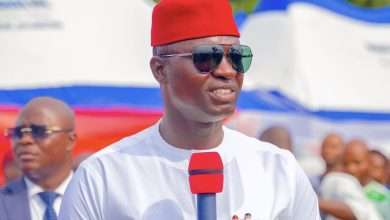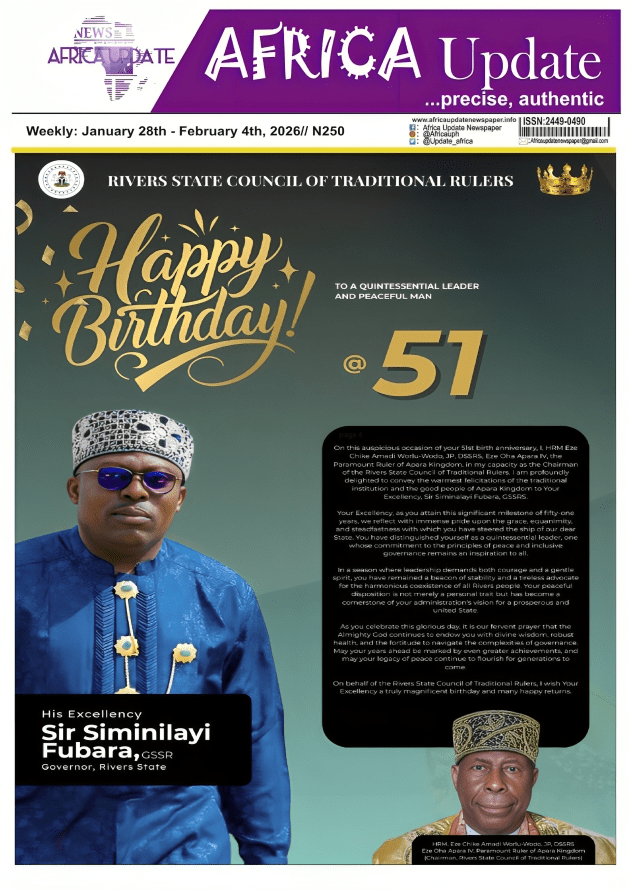
Former President Goodluck Jonathan’s Abuja house has been burgled by police officers assigned to guard the premises.
The Nigeria Police have thus arrested three of its officers for stealing items valued at several millions of naira. The items were alleged to have been stolen from the residence located at No. 89, Fourth Avenue in the Gwarimpa district of Abuja.
According to Premium Times, the stolen items include sets of furniture, dozens of plasma television sets, refrigerators, air-conditioner units and box-loads of clothes such as designer suits imprinted with GEJ’s name, male and female Ijaw traditional attires, lace materials and bowler hats. .
The three mobile police officers conducted a systematic looting over a period of three months beginning from around March 2016, until they totally stripped the house of all movable items, which they sold piecemeal to dealers at the Panteka second-hand materials market in Tipper Garage, Gwarimpa.
By the time family members of the former president were made aware of the looting early this month, the house had been stripped bare. GEJ was said to have personally gone to inspect the property after which he reported the vandalization to the Inspector General of Police, Ibrahim Idris.
List of clothes said to have been stolen and sold: 1. Niger Delta traditional attires in about 20 Ghana-must-go sacks. 2. Suits, each one with “President Jonathan” inscribed in the inner side, in five big Ghana-must-go sacks.
3. About 10 big Ghana-must-go sacks of women attires made from lace materials sewn in Niger Delta style. 4. More than 10 bundles of Ankara materials, known as Atamfa. 5. About 10 sets of babban riga. 6. One big Ghana-must-go sack containing clothes with PDP logo neatly sewn on each one. 7. About 20 Niger Delta bowler hats.
Electrical appliances and furniture items: 1. 36 Plasma televisions. 2. About 25 refrigerators. 3. Five sets of furniture. 4. Two sets of sitting room chairs. 5. Several air conditioner units.







